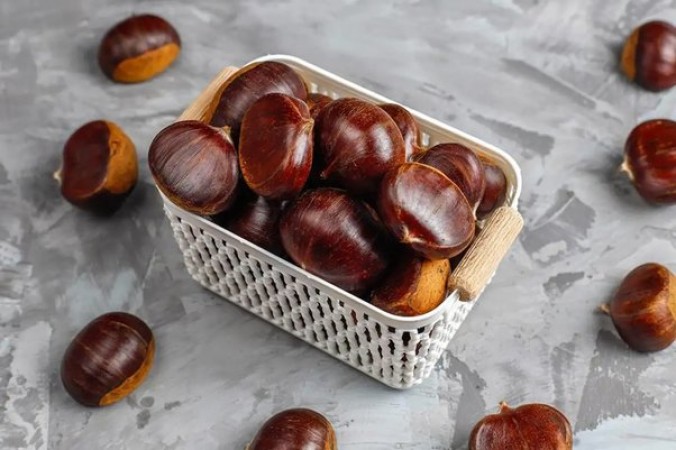
In the realm of seemingly harmless foods, water chestnuts often find their way into various dishes, adding a crunchy texture and unique flavor. However, there's a hidden danger lurking for some individuals. In this article, we explore the reasons why certain people should steer clear of water chestnuts to avoid potential regrets.
For those with allergies, even a tiny oversight can lead to severe consequences. Water chestnuts, although not typically considered allergenic, can trigger unexpected reactions in some individuals. It's crucial to identify the signs of an allergic response and exercise caution.
Allergic symptoms may range from mild itching and swelling to life-threatening anaphylaxis. Individuals prone to allergic reactions should consult with a healthcare professional before including water chestnuts in their diet.
Diabetics often navigate a careful balance when it comes to their diet. Water chestnuts, despite their appealing crunch, can pose challenges due to their high glycemic index. Understanding the glycemic impact is vital for individuals managing diabetes.
Consuming high-glycemic foods can cause rapid spikes in blood sugar levels, potentially complicating diabetes management. Diabetics should be mindful of their carbohydrate intake, considering alternatives that offer a lower glycemic impact.
For individuals with renal issues, managing sodium intake is paramount. Water chestnuts, often canned or preserved, may conceal a higher sodium content. Renal patients must be vigilant to avoid exacerbating their condition.
Excessive sodium intake can contribute to fluid retention and elevated blood pressure. Renal patients should scrutinize food labels and opt for fresh, low-sodium alternatives to safeguard their kidney health.
While water chestnuts boast fiber, they can be a double-edged sword for those with sensitive stomachs. Individuals prone to gastrointestinal issues may experience digestive discomfort when indulging in this crunchy delight.
The fiber in water chestnuts can be challenging for some stomachs to process, leading to bloating, gas, or abdominal discomfort. Those with irritable bowel syndrome (IBS) or similar conditions should exercise caution.
Water chestnuts contain vitamin K, a nutrient crucial for blood clotting. While this is generally beneficial, individuals on blood-thinning medications must be cautious about sudden changes in vitamin K intake.
A sudden increase in vitamin K-rich foods can interfere with the effectiveness of blood thinners. Individuals on such medications should maintain consistency in their diet and consult with their healthcare provider before adding water chestnuts.
While water chestnuts can be a delightful addition to many dishes, certain individuals should approach them with caution. Understanding one's health condition and consulting with healthcare professionals can help make informed dietary choices, ensuring that the joy of culinary exploration doesn't turn into regret.
Celebrating a 500-Year Struggle: Hindu Americans Unite for Ram Temple Inauguration
Ukraine rocked by bomb blasts, Russia rained missiles on Kyiv with drones